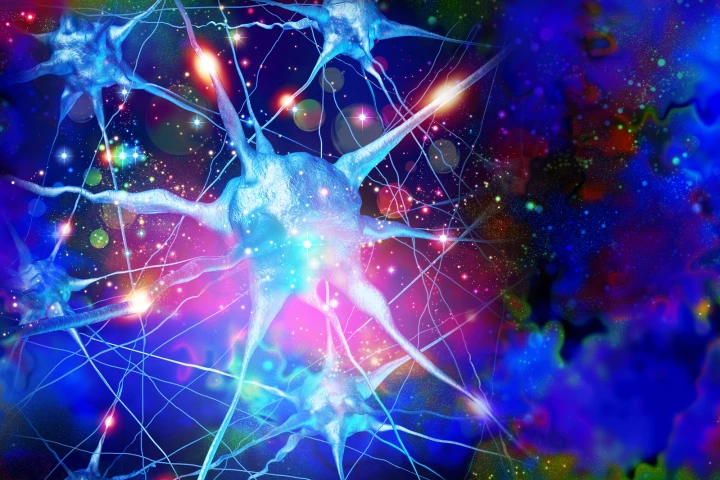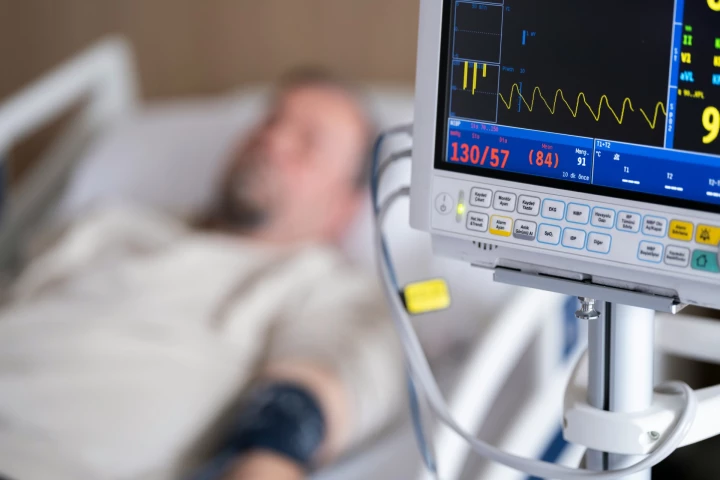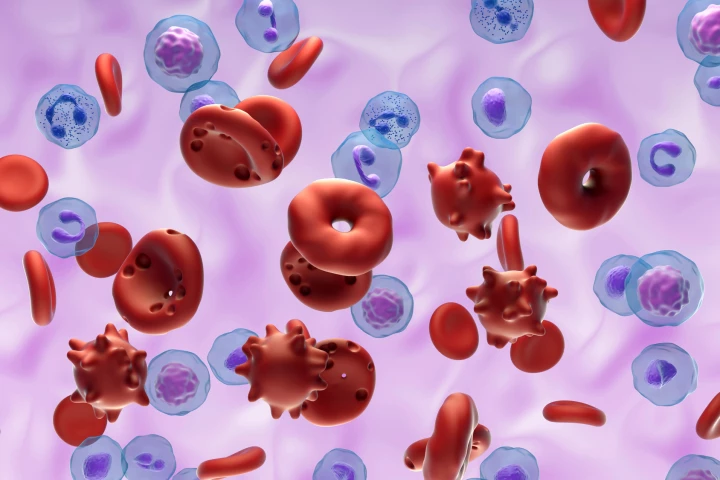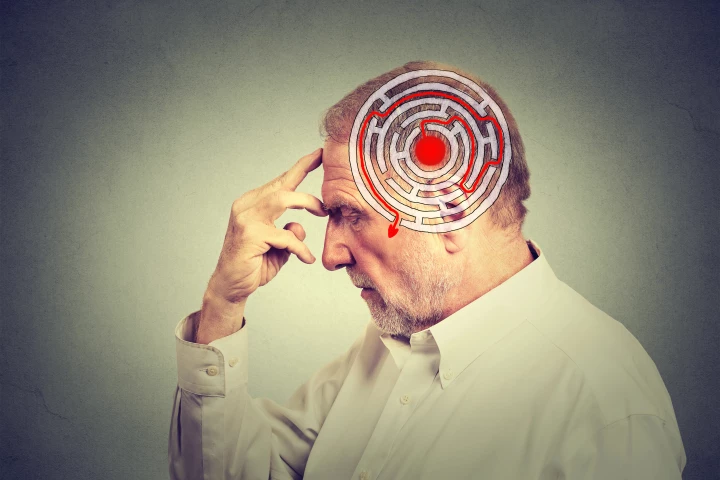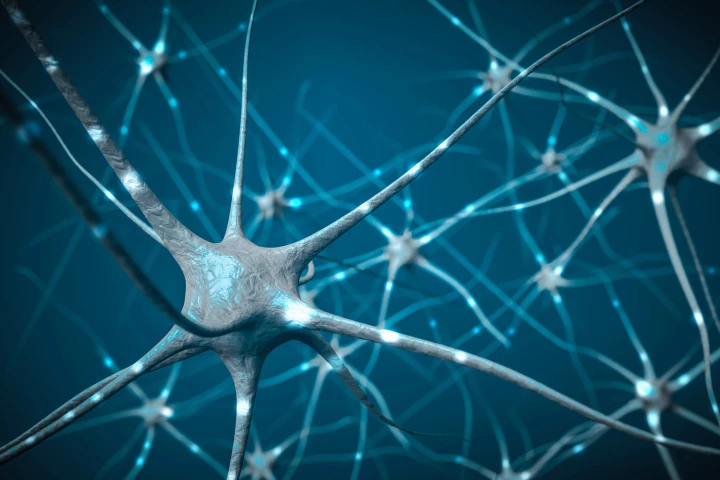Stroke
-
Scientists at Northwestern University have developed a sub-scalp device that beams light through bone into the brain, teasing a future of drug-free pain relief, cybernetic control of robotic limbs, and the simulation of sight, hearing, and touch.
-
Caffeine appears to do the opposite of what you might think when it comes to the heart. Scientists have found that a cup of coffee a day actually protects the heart from atrial fibrillation – a condition that can lead to stroke and heart failure.
-
A natural psychedelic may do more than alter perception. A new study found that at sub-hallucinogenic doses, DMT shielded the brain from stroke damage in animal models, reducing inflammation, preserving the blood-brain barrier, and speeding recovery.
-
In a massive international study, researchers identify four precise warning signs of a heart attack, stroke or heart failure, and understanding these measurable risk factors could help people understand their vulnerabilities long before a health event.
-
Starting aerobic exercise just two months after a stroke is safe and may help protect thinking skills, according to new research. The study provides fresh hope for stroke survivors that they can reduce their elevated risk of dementia.
-
The shingles vaccine is up to 97% effective in preventing the condition caused by the herpes zoster virus, which inflames nerves and causes painful rashes. Now, a new metastudy says it may also be a big help in boosting cardiovascular health.
-
In 2025, around 24 million Americans are estimated to suffer from sleep apnea, and around 90% of these cases are undiagnosed. Now, a groundbreaking new study warns that the prevalence of this serious condition will soar as the planet warms.
-
If you're trying to avoid sugar in your diet, you'll want to be careful about how you choose and use your artificial sweeteners. A new study shows that a popular sugar substitute called erythritol could increase your risk of suffering a stroke.
-
Researchers have identified a previously unknown biological process that causes tissue damage in conditions where oxygen is low, such as heart attacks and strokes. The study suggests that bursting red blood cells, not blood clots, are the culprits.
-
What does gut fermentation and neuroinflammation have in common? A lot, according to new research that uncovers how the post-stroke microbiome directly influences brain health and recovery. It opens the door to new ways of restoring cognitive function.
-
There's newfound hope for stroke patients in recovery, with what researchers believe is the very first drug that can comprehensively deliver rehabilitation without the need for challenging long-term physical therapy.
-
Type 1 diabetics have a lower risk of stroke and heart attack than type 2 diabetics, a new study has found. It highlights the fundamental difference between the two conditions and provides insights that could guide future treatment.
Load More


